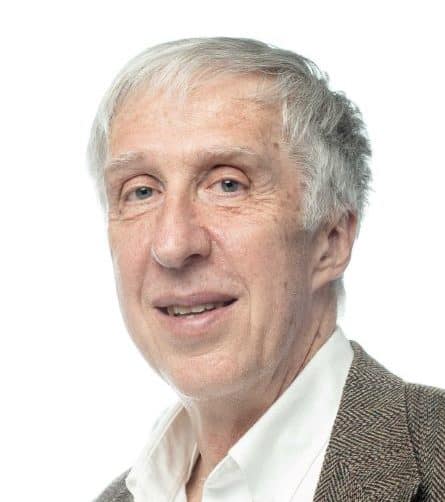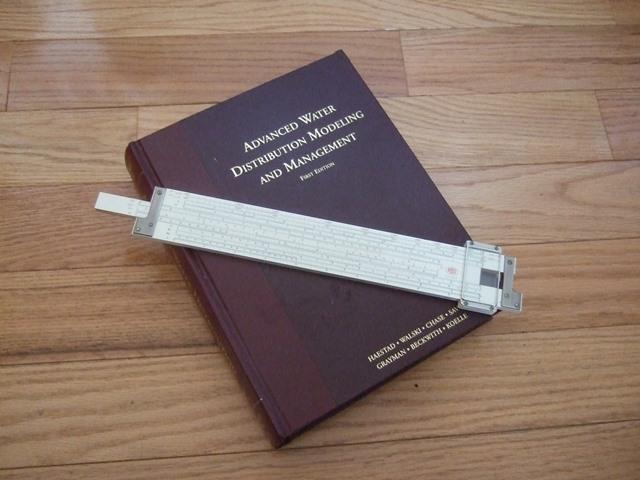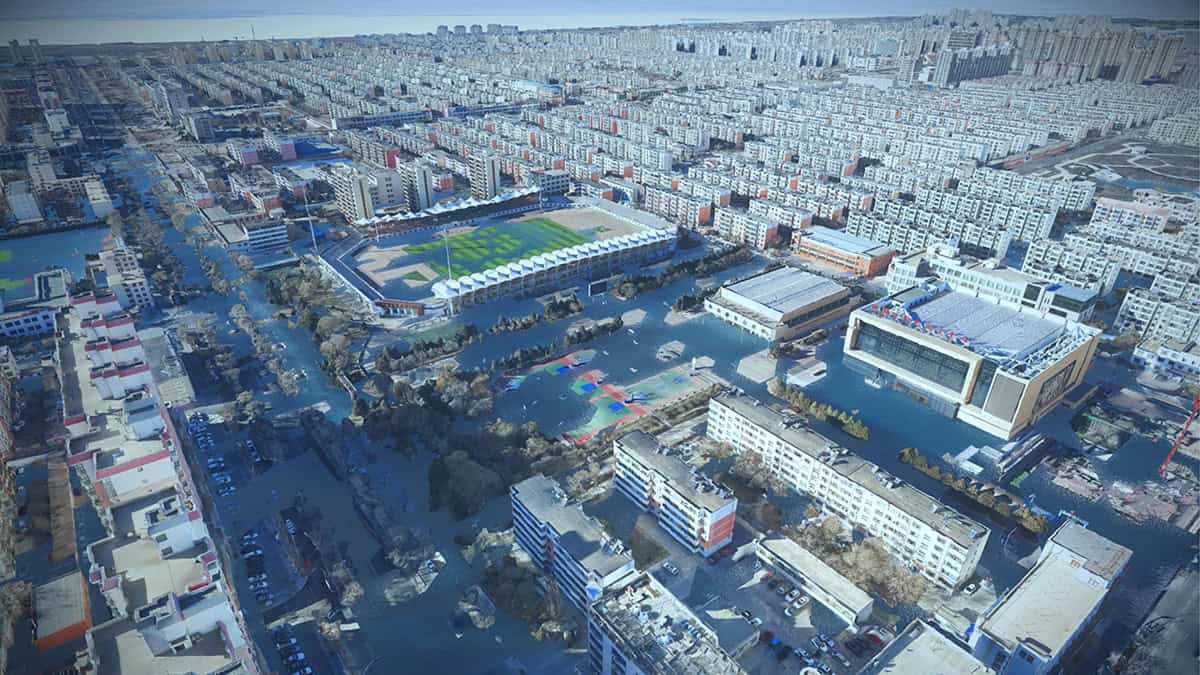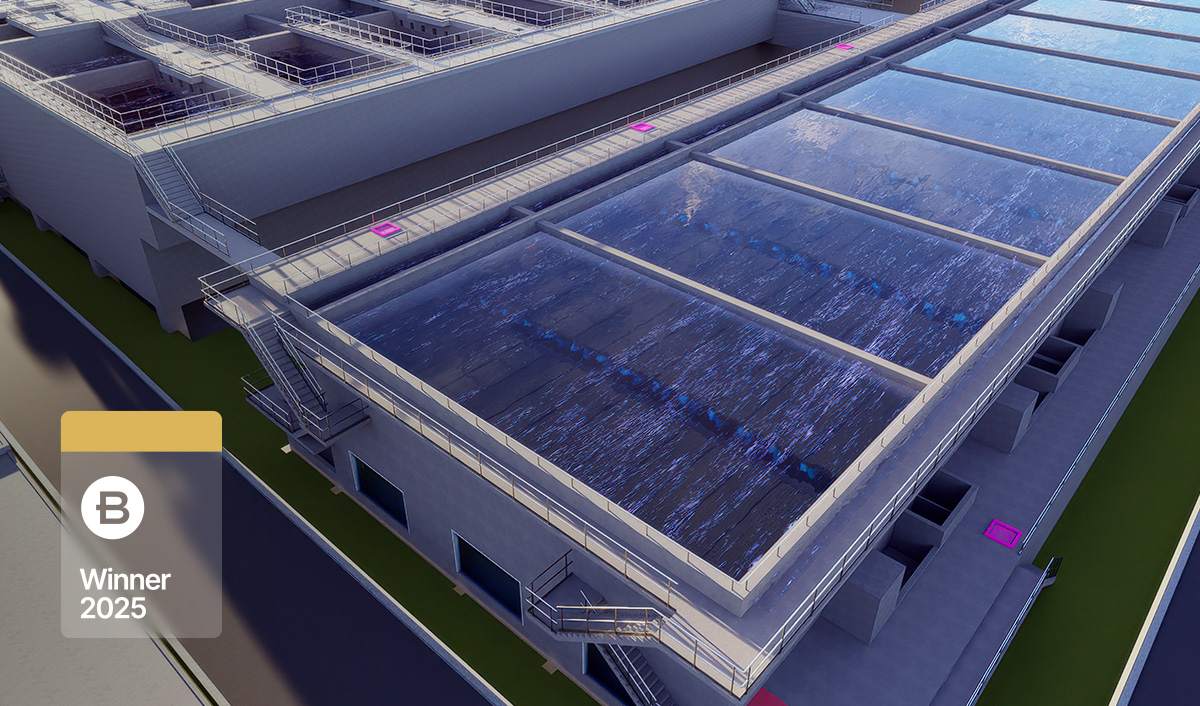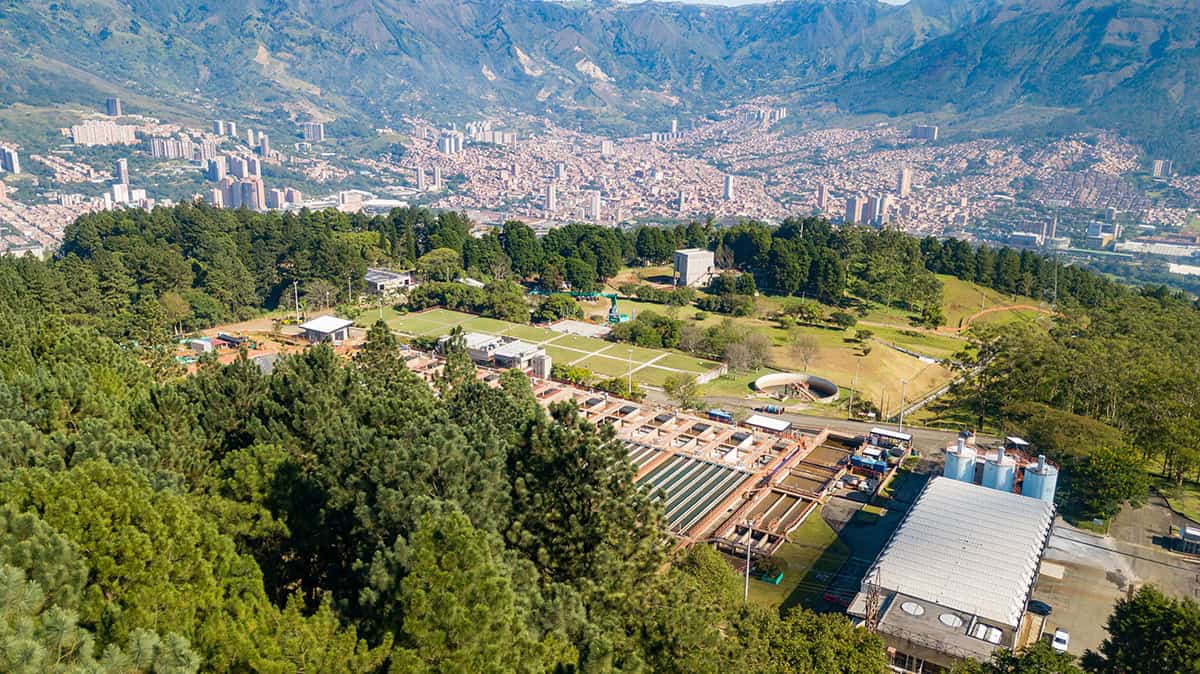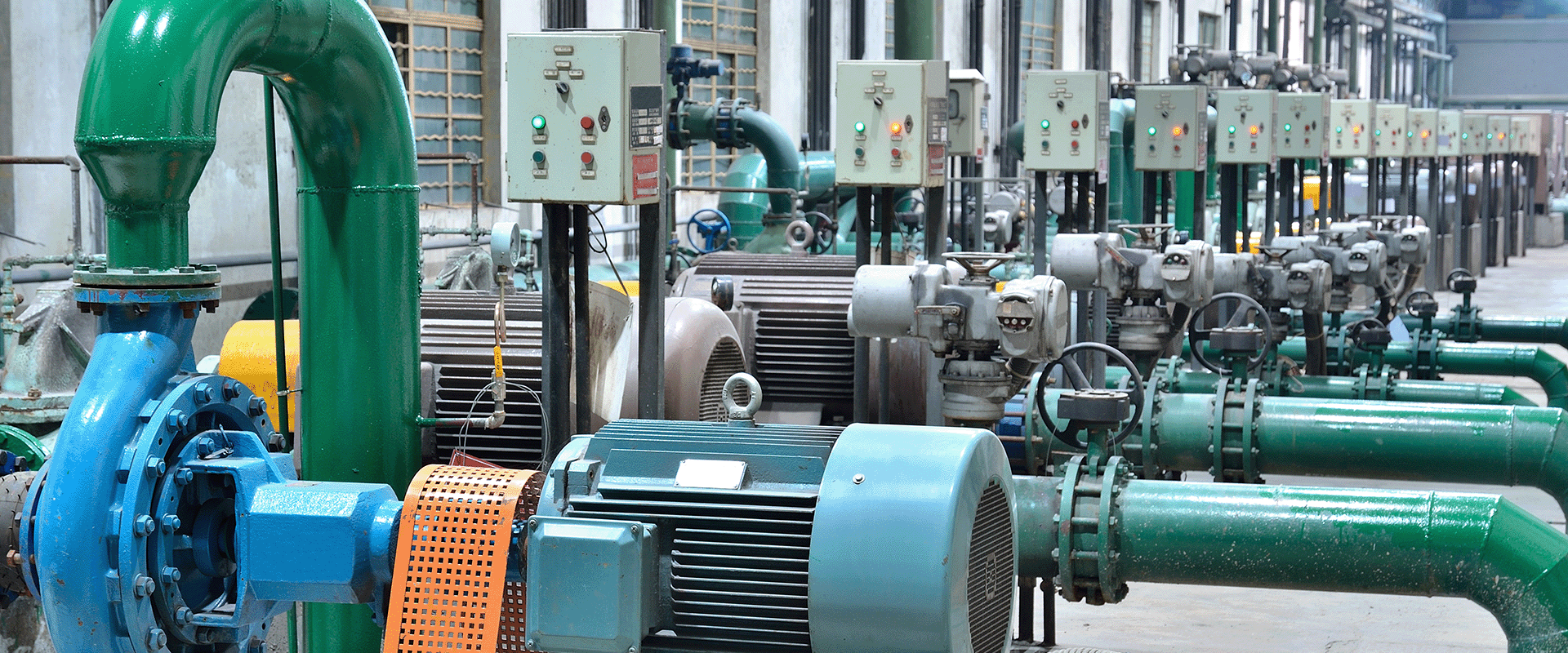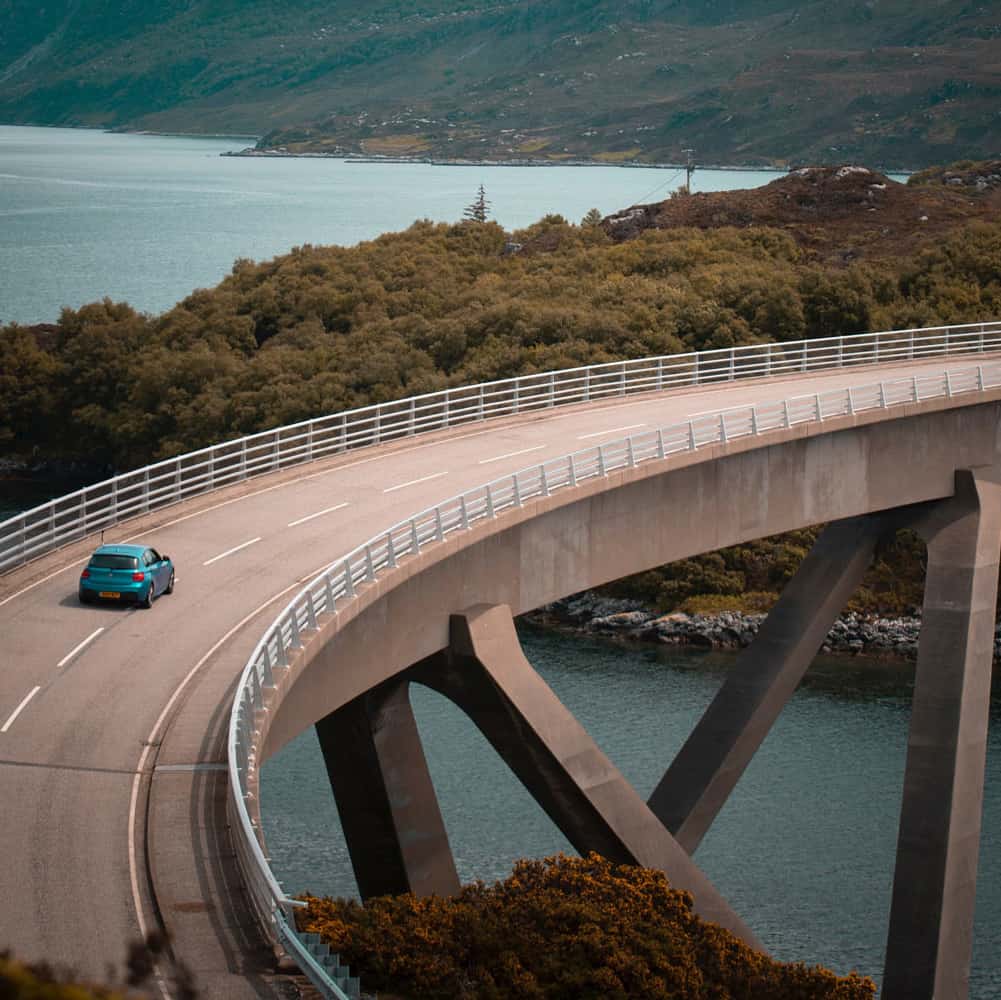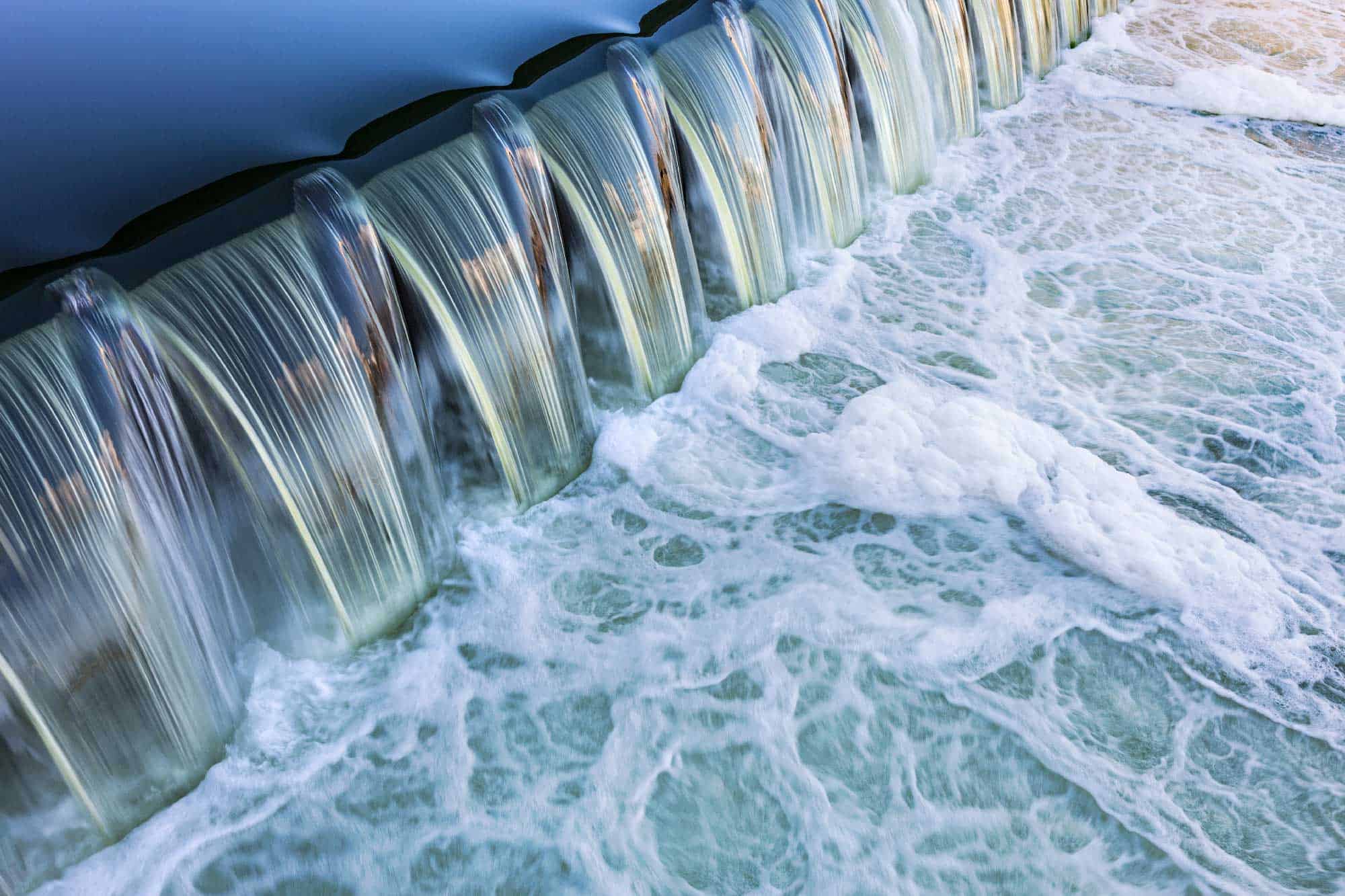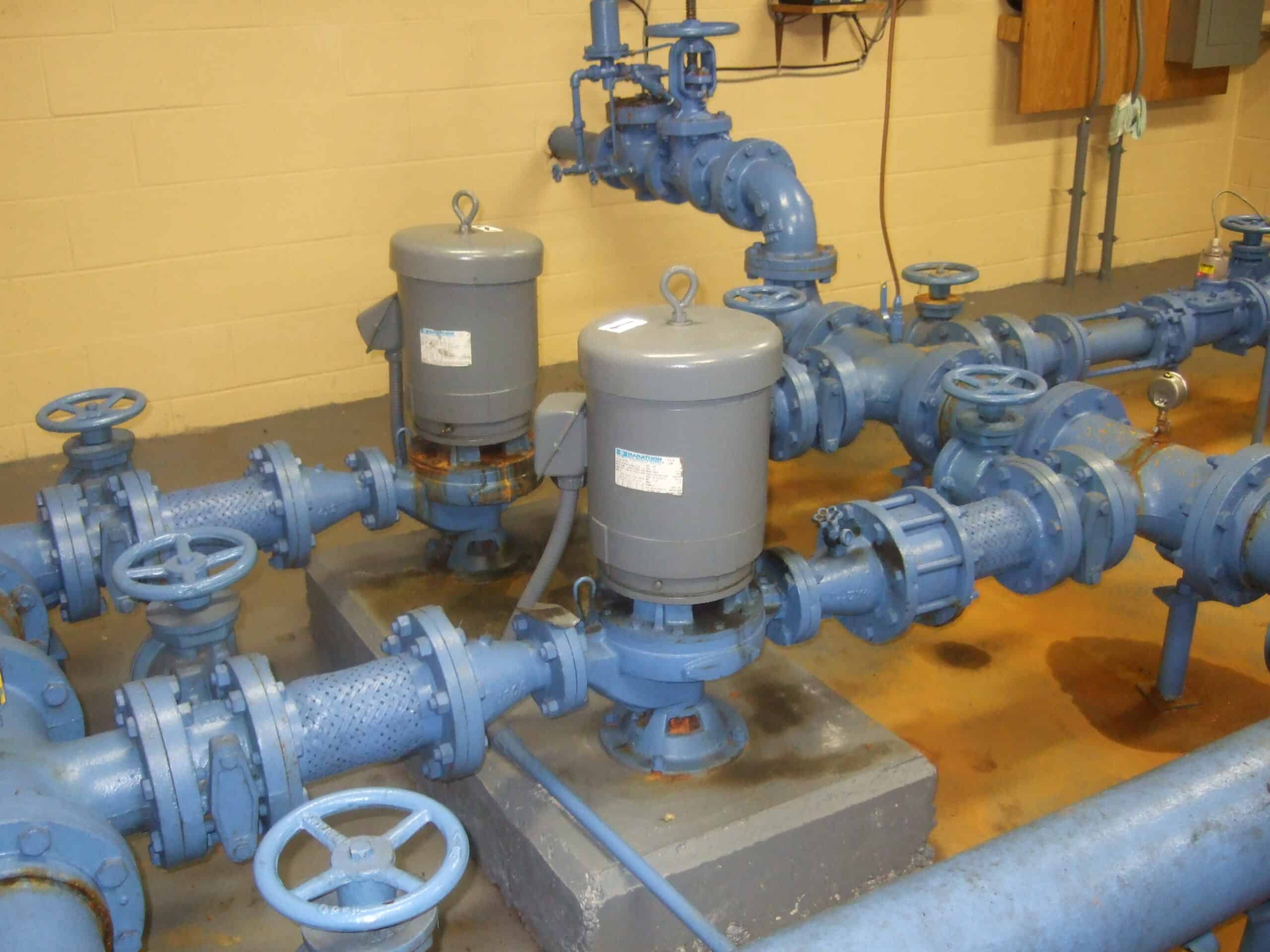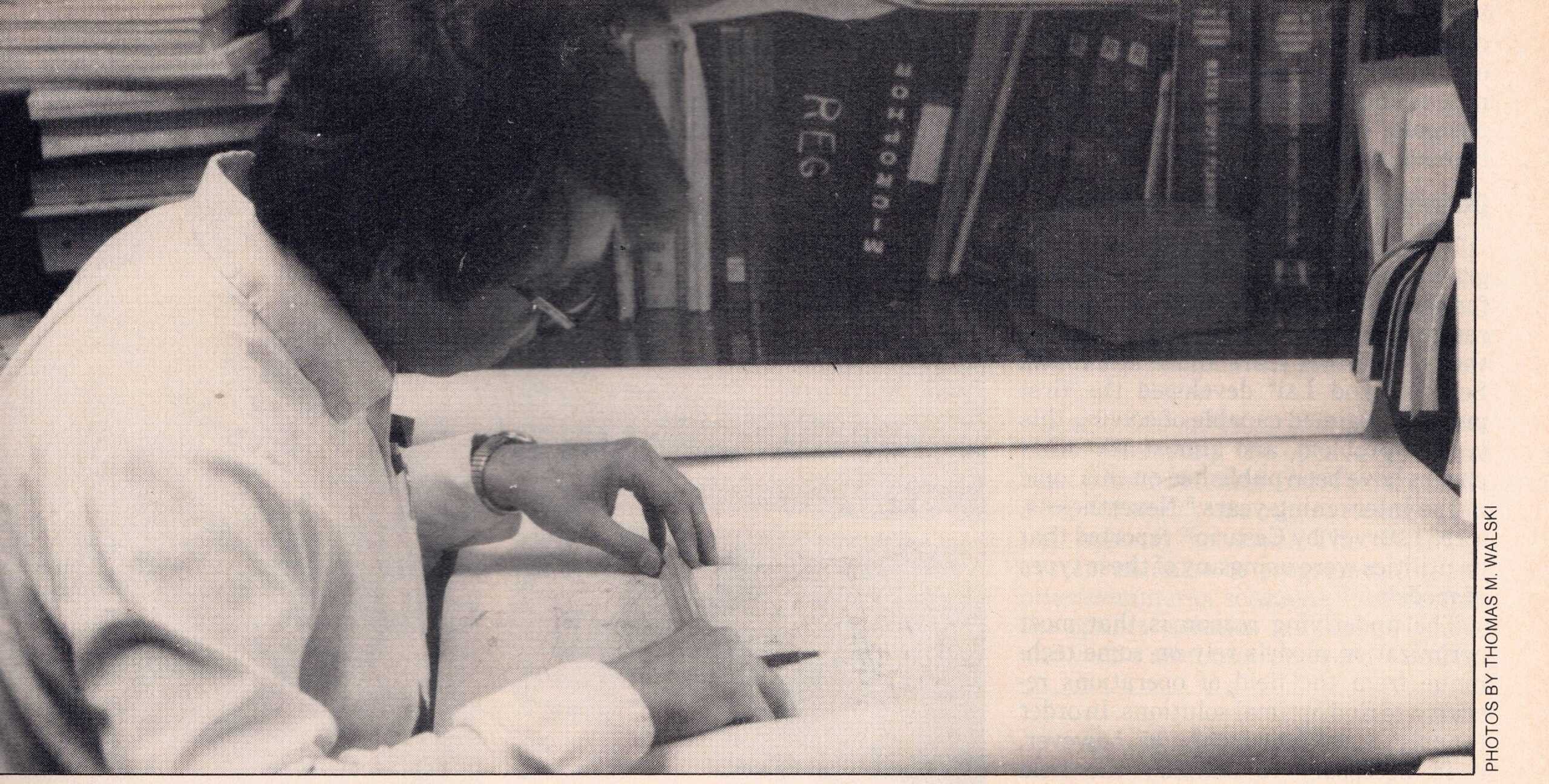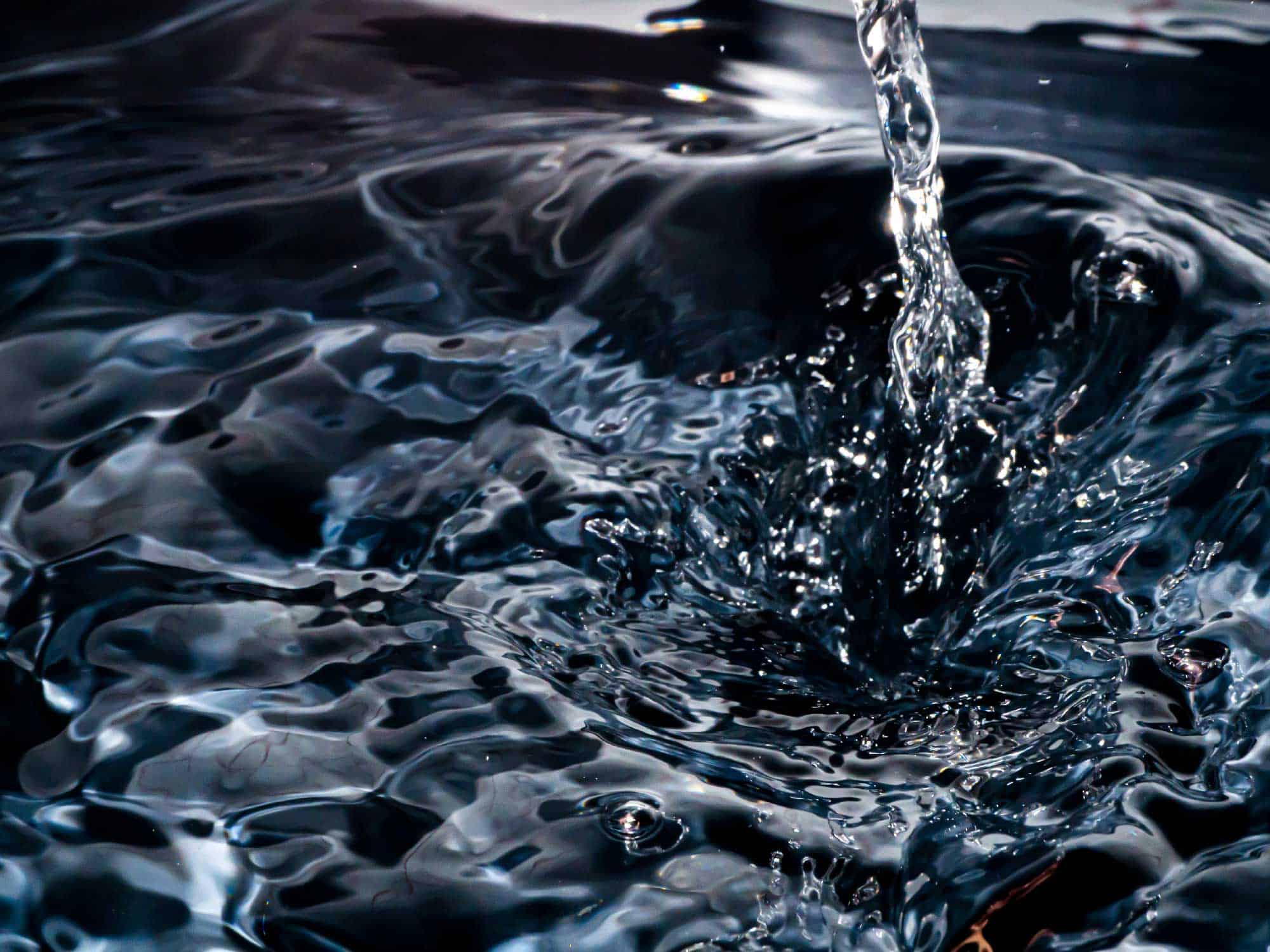One of my favorite topics is the history of modeling. I talk about it whenever I can find someone who is willing to listen. Bentley’s podcast series, “Future of Intelligent Water Infrastructure Series,” gives me such an opportunity. I just did a podcast titled, “Grandpa, what was it like in the early days of modeling?” You can listen to the podcast at:
https://weupodcast.podbean.com/e/future-of-intelligent-infrastructure-series-part-1/.
In it, I talk about hydraulic modeling from Hardy Cross in the 1930s up to today and beyond. I talk not so much about hydraulics but about how water system engineers were able to accomplish their work in different time periods. No, I didn’t go to high school with Hardy Cross (that was just a rumor), but I have been around long enough to observe the evolution of our workflows, from slide rules to the cloud.
One of the things that impressed me is how easy it is for today’s engineers to do hydraulic analysis compared with our predecessors a century ago. It’s amazing how they built the water systems that are still working today with mathematical tools that border on archaic. Tools that we take for granted today have only been around for a few years (or decades).
Don’t expect a smooth podcast. It was just me talking with my colleague Cecilia Correia from Bentley Systems for about 50 min. I had never done a podcast before. For that matter, I have never listened to a podcast before. Listening to the podcast, you’ll have a difficult time comprehending that English is my first language (or that I’m not functionally illiterate). But I get by. I would hate to have to diagram any of my sentences.
But if you survive the podcast, you may get some insights into our profession. You’ll know what Don Wood did before he became a professor; why it took Jeff Cruickshank so long to make model runs; how John Haestad got into the hydraulic software business; who was the bald guy in the back row at the AWWA/EPA water quality modeling workshop, and who started what is now the AWWA Engineering Modeling Applications Committee.
It should be fun.
If you want to contact me (Tom), you can email [email protected].
